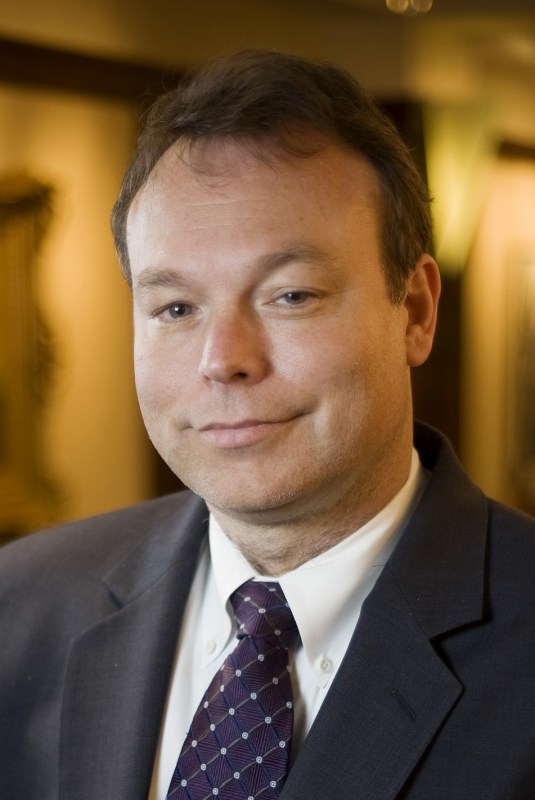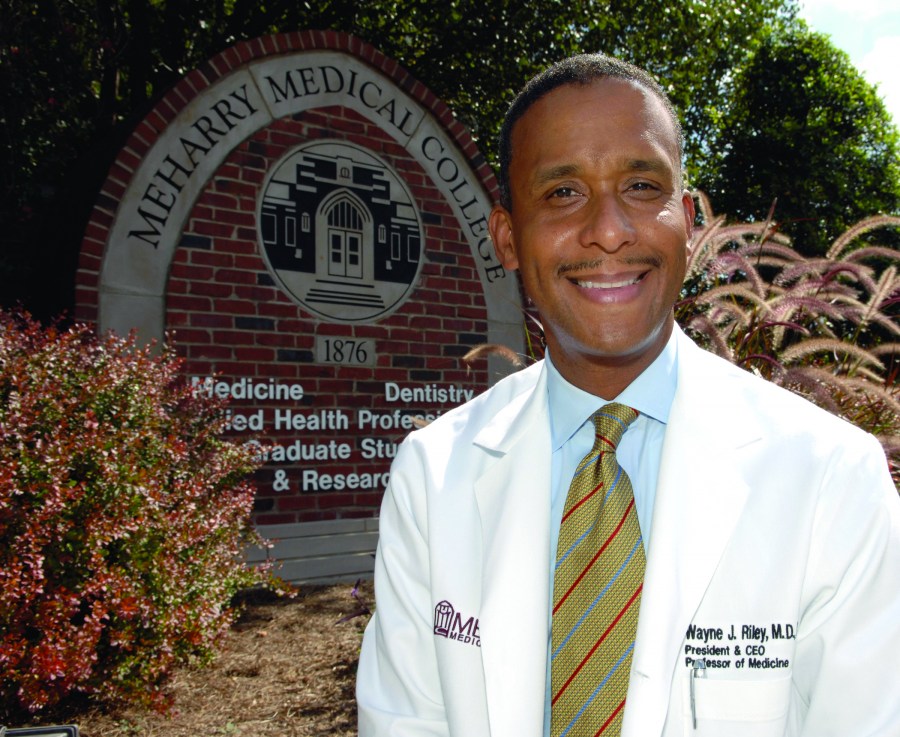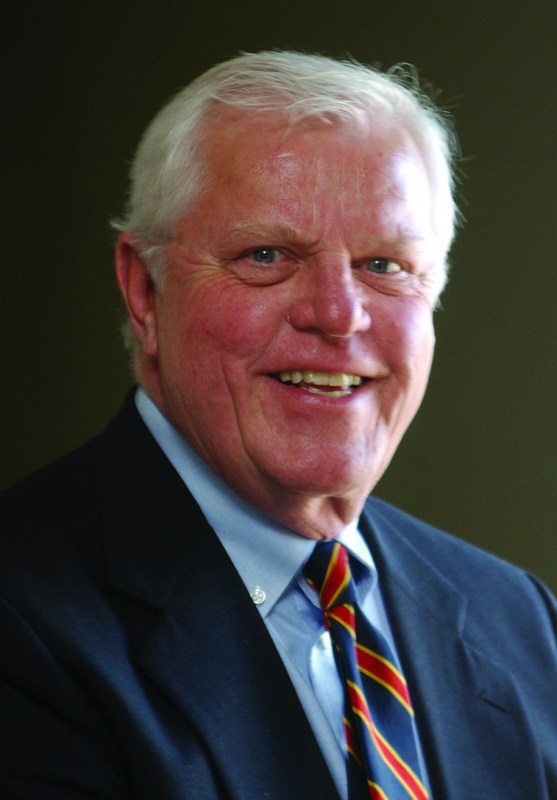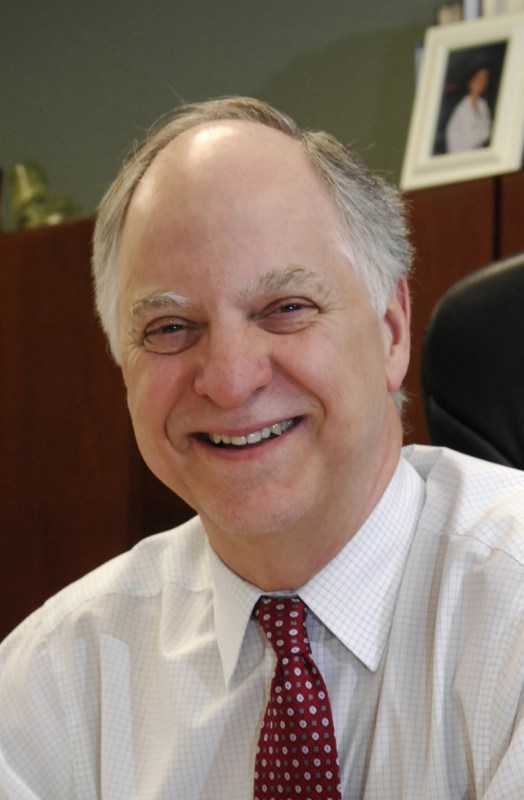Meharry-Vanderbilt Alliance looks to future
In 1999, Meharry Medical College and Vanderbilt University Medical Center entered into an agreement to form an alliance to enhance the educational, scientific and clinical programs at and between the two institutions as well as to assist with collaborative efforts in the areas of medical education.
For the past 10 years, the Meharry-Vanderbilt Alliance has served as a platform to allow for unique education, research and clinical initiatives that have enhanced the communities that both institutions serve.

Jeff Balser, M.D. Ph.D.

Wayne Riley, M.D., M.P.H., MBA

Clifton Meador, M.D.

Gordon Bernard, M.D.

Robert Dittus, M.D., M.P.H.
During this period the Alliance has had many accomplishments, including establishing joint and shared residencies or fellowships in surgery, pediatrics, ophthalmology, orthopaedics, urology, cardiology and other medical specialties, and developing cooperative programs that facilitated the enhancement of medical education and amassed nearly $250 million in joint research funding and training grants, including the health disparities focus of the Southern Community Cohort Study and the CFAR (Center for AIDS Research) grant.
With such success among the various components of the Alliance, its leaders are looking to the next phase of the partnership.
“We took a hard look at the Alliance and took into account what we were hearing from both sides of the partnership,” said Jeff Balser, M.D., Ph.D., vice chancellor for Health Affairs and dean of Vanderbilt University School of Medicine, during a leadership forum and campus town hall meeting at Meharry.
Balser went on to say that the Alliance was designed for the Meharry and Vanderbilt of the past, and both organizations have evolved into new positions of strength.
Balser and Wayne Riley, M.D., M.P.H., MBA, president and CEO of Meharry, are seeking to morph the Alliance to meet current needs and look to a successful future.
“In the past 10 years, we've discovered that our efforts are distinctive, yet complementary . . . the changes and enhancements in the Meharry Vanderbilt Alliance will foster greater mutual benefit for both institutions by creating “more and better” educational, research and patient care “synergies” among our respective students, researchers and clinicians for the communities we serve,” Riley told the group.
The Alliance will focus on research in public health, community health, health services research and health policy.
“This transition to a primarily research-focused program will place greater emphasis on funding research initiatives and community engagement,” said Clifton Meador, M.D., executive director of the Alliance.
“The whole notion behind this restructuring is to decrease the gaps between when a discovery is made in the lab and its application to the people. The Alliance will serve as a conduit for increased community involvement where research is concerned.”
As the organization undergoes change, so will its leadership. Meador, who has led the Alliance since 1999, will step down as director in 2012. A national search for his replacement is under way. The new deputy director will serve jointly with Meador in 2011 to ease the transition.
“It is imperative that this new leader be involved ideally in community-based research and be familiar with research that is essential to link the medical centers to the community,” said Meador.
“The Alliance's interest will be in community participatory research, where the community is involved along with medical centers in directing the nature of the research.
“The concentration will be on the issues in the community that are most concerning and require further exploration and study so that those affected will have better access to health care and better overall health,” Meador said.
With educational functions and clinical collaborations well established, the flourishing research engine of the Alliance can become the focal point, said Gordon Bernard, M.D., Vanderbilt's associate vice chancellor for Research and senior associate dean for Clinical Sciences.
Bernard, who also oversees Vanderbilt's clinical and translational research enterprise (VICTR), said the Alliance is in a good place and it's a good time to review the accomplishments of the past 10 years and look forward to the continued collaborations as well as forge ahead to create new opportunities.
“The Alliance is strategically positioned to take advantage of the collaborations as well as support and leverage them,” said Bernard. “We want to take advantage of the history, strength and expertise to continue to grow the research enterprise between Vanderbilt and Meharry.”
In the future, the Alliance will work with the clinical and translational science award (CTSA) program to expand it research projects.
Robert Dittus, M.D., M.P.H., assistant vice chancellor for Public Health and associate dean for Population Health Sciences at Vanderbilt, will serve on the operations committee.
He applauds the phenomenal work of the Alliance that built a strong foundation for future collaborative research efforts.
“The Alliance is recognized by the NIH, among others, as a model partnership between academic institutions and its accomplishments over the past 10 years have been extraordinary,” said Dittus, the Albert and Bernard Werthan Professor of Investigative Medicine and director of the Division of Internal Medicine and Public Health, the Institute for Medicine and Public Health and the Center for Health Services Research.
“The next phase of the Alliance will include an expansion of research collaborations building on the Vanderbilt and Meharry partnership in the CTSA program.”
Alliance offices will move from its Church Street offices to a location on the Meharry campus in early 2011.













